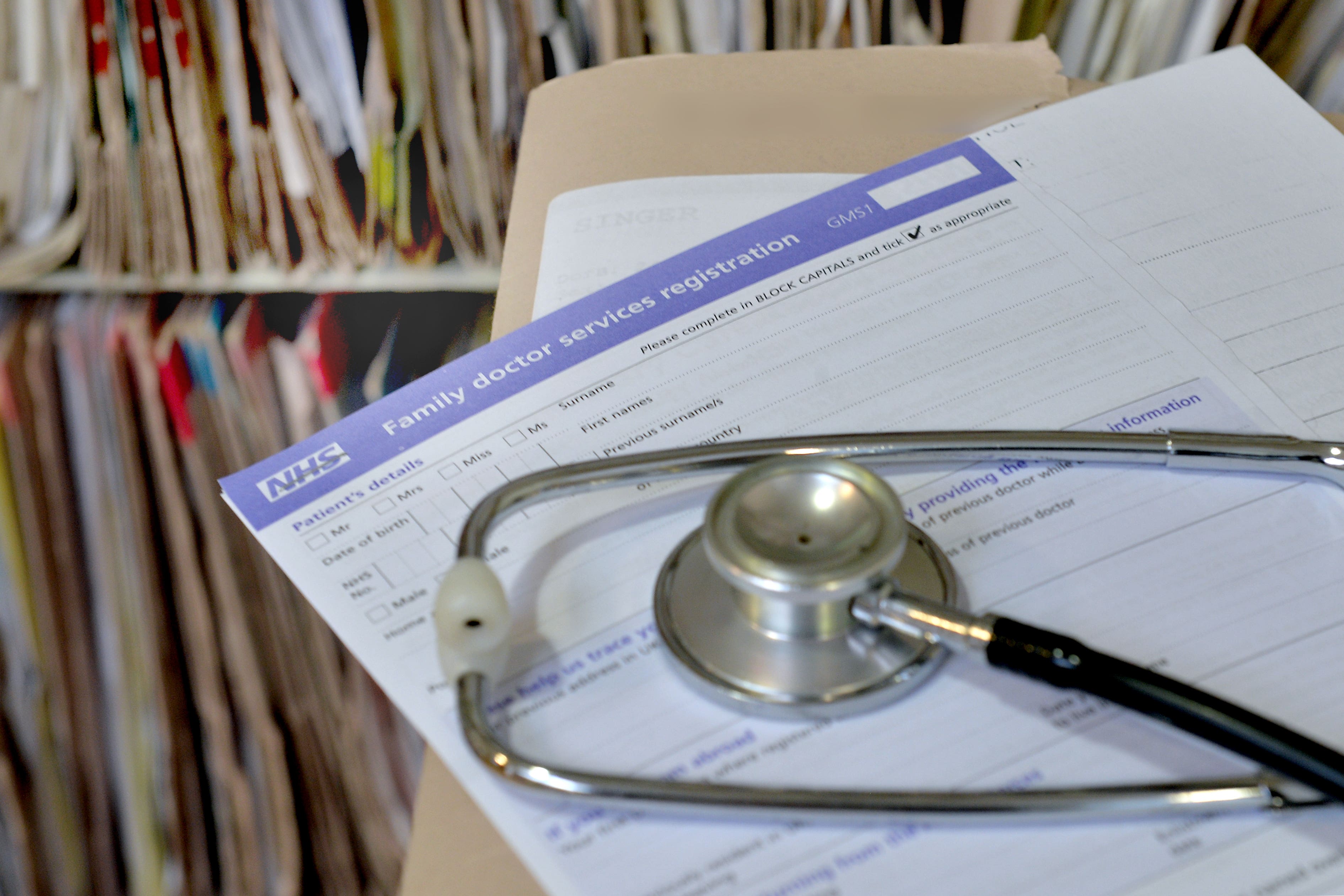Concern over lack of progress supporting people with communication needs in NHS
Leading charities have come together to urge the NHS to take action.

Your support helps us to tell the story
From reproductive rights to climate change to Big Tech, The Independent is on the ground when the story is developing. Whether it's investigating the financials of Elon Musk's pro-Trump PAC or producing our latest documentary, 'The A Word', which shines a light on the American women fighting for reproductive rights, we know how important it is to parse out the facts from the messaging.
At such a critical moment in US history, we need reporters on the ground. Your donation allows us to keep sending journalists to speak to both sides of the story.
The Independent is trusted by Americans across the entire political spectrum. And unlike many other quality news outlets, we choose not to lock Americans out of our reporting and analysis with paywalls. We believe quality journalism should be available to everyone, paid for by those who can afford it.
Your support makes all the difference.Leading health charities have expressed concern over a lack of progress in ensuring communication rights for all people trying to access NHS services.
A number of people are not able to access healthcare services because they are not given appropriate communication support, including British Sign Language, or information in an accessible format, according to a coalition of health organisations and charities.
NHS England is carrying out a review of the Accessible Information Standard, a legal requirement to ensure all publicly funded health and social care providers meet the information and communication needs of people who are deaf, blind or have a learning disability.
According to a letter to NHS England, signed by Healthwatch England, Disability Rights UK, Mencap, Learning Disability England, National Voices, SignHealth, SeeAbility, Thomas Pocklington Trust and the RNIB: “Our research has shown that in many areas people are not receiving the communication support they need, and even where services have good processes in place for identifying people’s support needs, these are not consistently met.”
The group is calling for a timeline of publication for the review of the standard, saying it has the “potential to significantly reduce barriers to accessing services”.
The letter, shared with the PA news agency, adds: “It has now been close to a year since NHSE announced its intention to review and revise the AIS (Accessible Information Standard), and, despite lots of good work, we are not confident that there is an organisation-wide plan agreed for roll-ut of the new standard.”
Last year, Healthwatch England shared experiences from more than 7,000 people who struggled to access healthcare because they did not get information they could understand or the communication support they needed.
It also published results of a poll among people with extra communication needs, including deaf and blind people, which found that one in four had been “refused” communication support while accessing NHS care.
The survey of 605 people in England found 28% said they had been refused a request for support to understand healthcare information – including requests for information being provided in formats such as Braille, British Sign Language and Easy Read.
Some 38% said that not being given information in the right format affected their mental health and wellbeing, while 29% said they missed out on important information about their health, and 27% said they could not contact a service they needed.
An NHS spokesperson said: “We remain absolutely committed to publishing revised standards to support providers of health and social care services to ensure they offer information that is accessible for everyone. Work is under way and we plan to publish according to the original timetable this spring.”